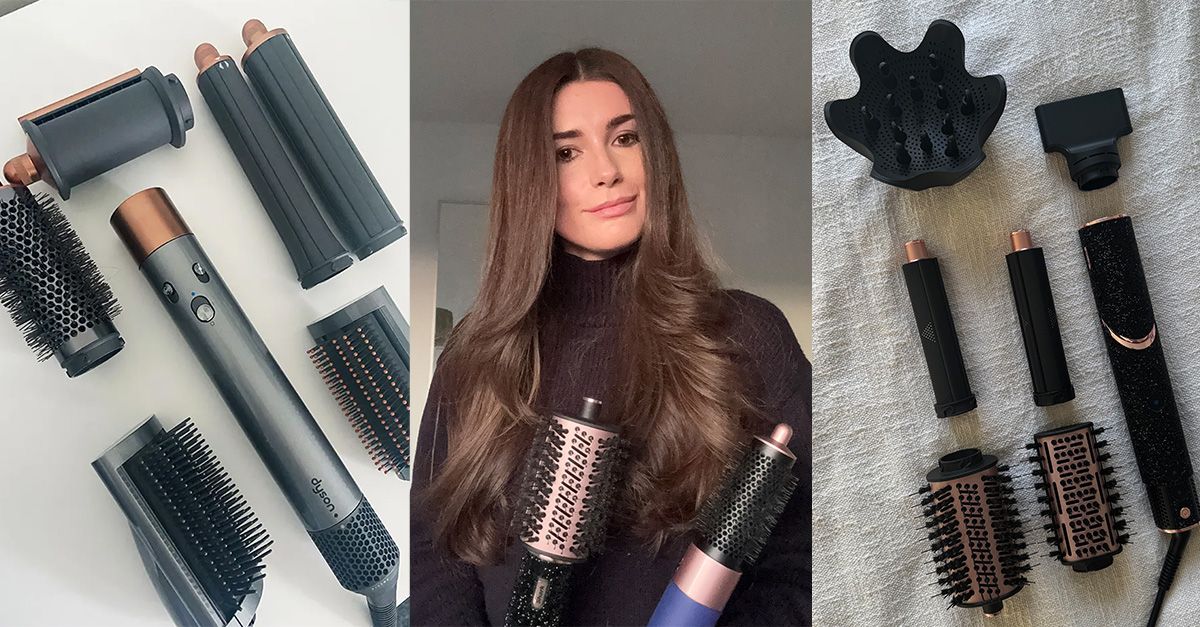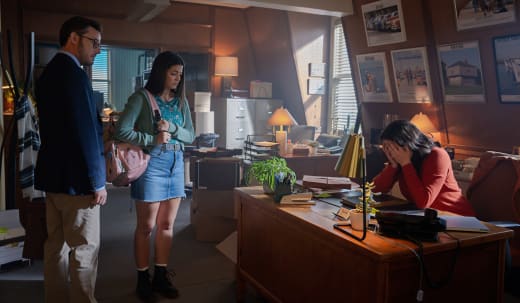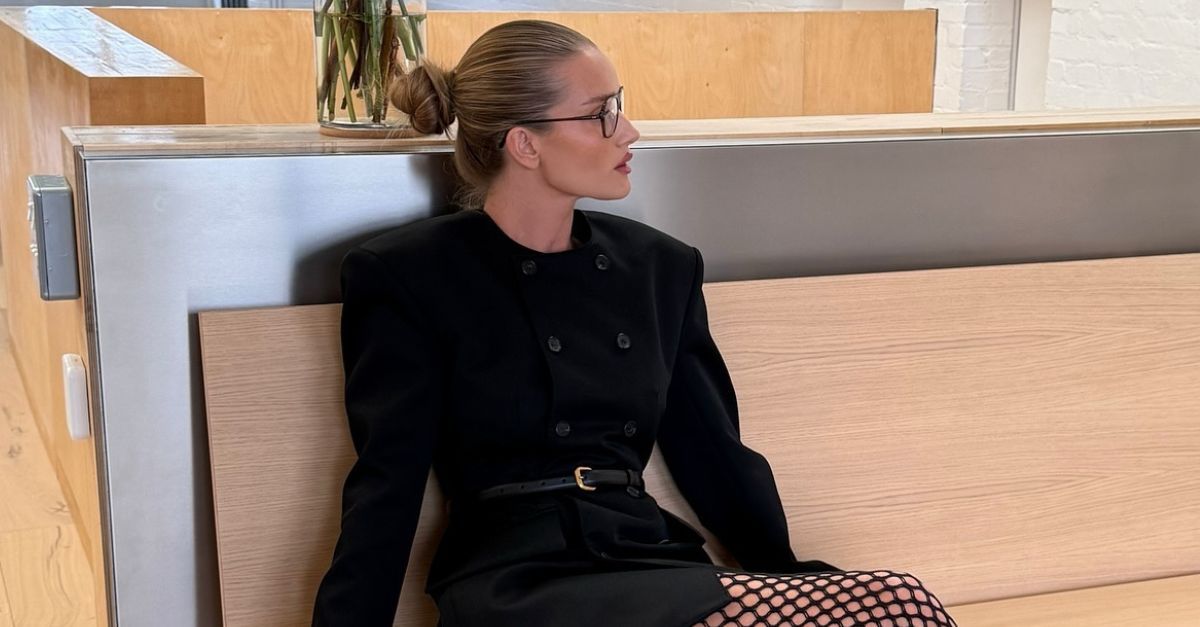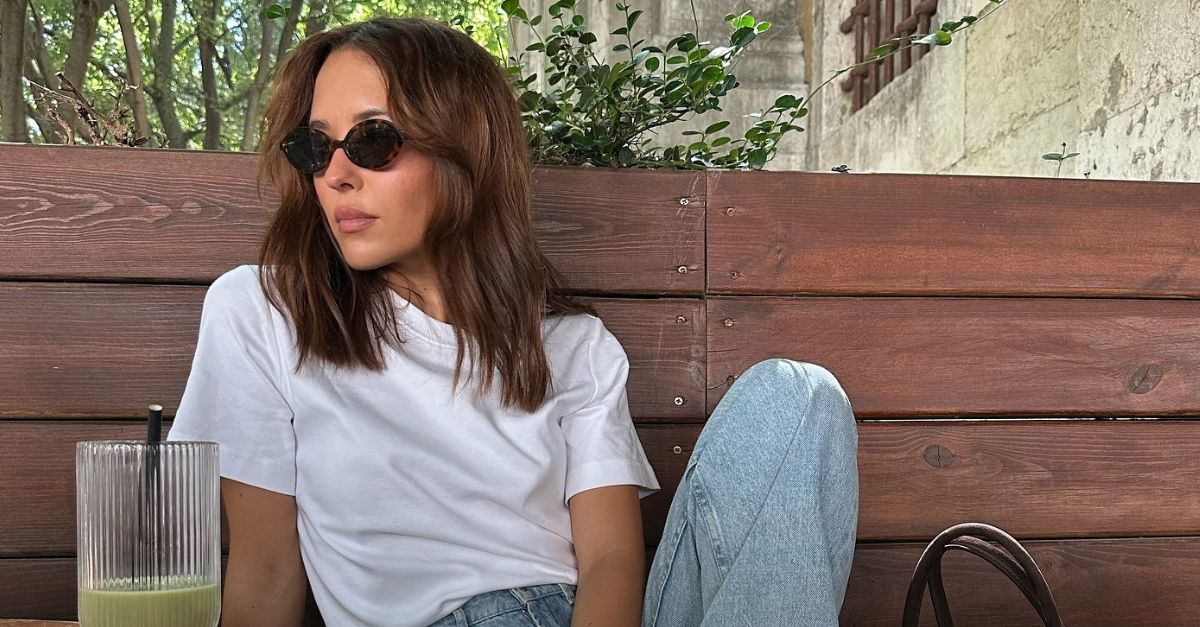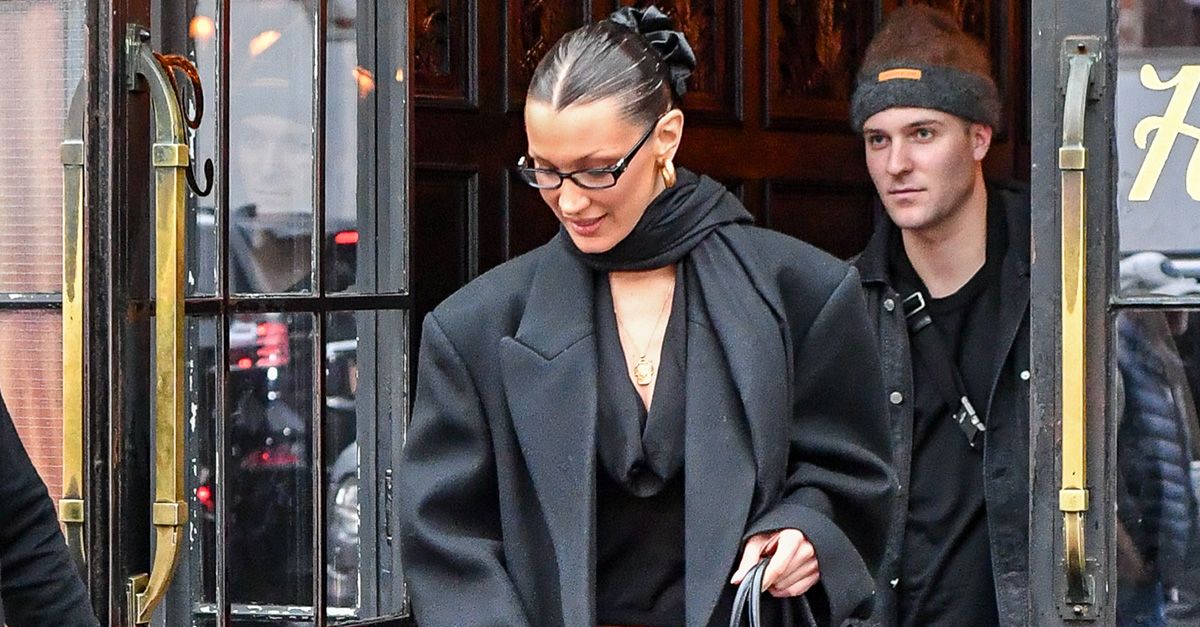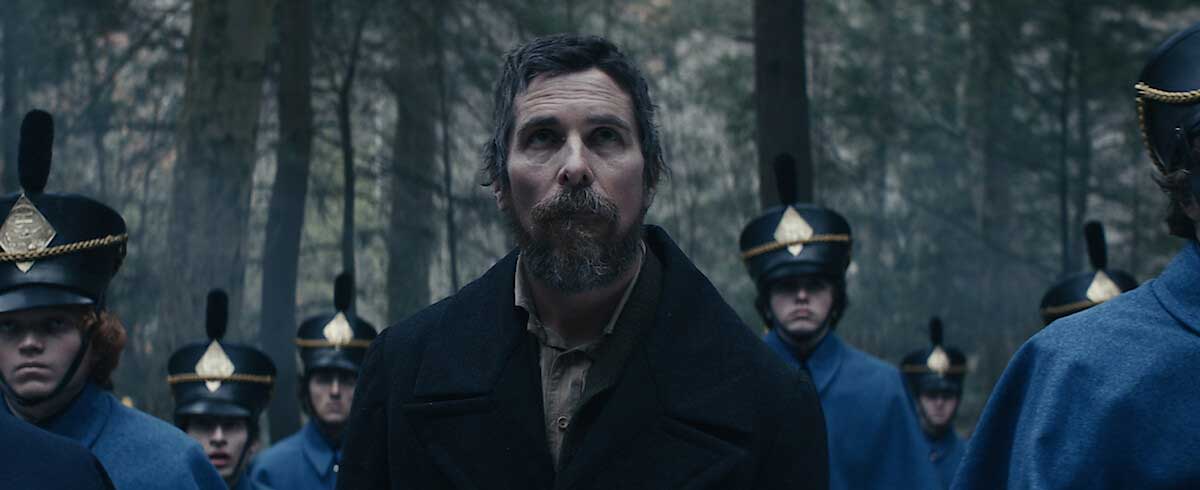A little over 10 years ago, the world was introduced to you as Poussey Washington, an openly gay inmate, on the hit Netflix series Orange Is the New Black. Looking back, what initially attracted you to this role and what are your feelings toward the character today?
That was over 10 years ago [laughs]? To be very honest, at the time, I was a struggling actor in New York, working as bartender. I had multiple auditions a week. Back then, the only Netflix people knew was the delivery DVD service. I wish that I could say to you that I had discernment and that I really pored over the script, and that I really understood the character was going to be impactful, but really, at the time, I just needed a job.
I’m a firm believer that there’s a path for me, and Poussey was on my path. She was supposed to be a part of my life, and that’s how I found her. I feel incredibly blessed to have played that character. The impact that she made, not only with the people watching the show globally, but also just personally, for me. Poussey really changed me as a person. There’s so many great qualities to her. I always think about what a great, loyal friend she is and how I’ve specifically taken that trait and tried to apply it to Samira’s life.
I’ll never be the same because of Poussey being in my life — my career, she’s also the reason I have a wife and a family, to be very honest. It’s something that actors dream of — to have a role like that, to be on a show as impactful as that. I’m just happy I accidentally fell into it.
When speaking about the character, you once said, “I think falling in love with Poussey, which is a real thing that happened to me, helped me fall in love with myself.” Can you tell me what you meant by that?
I was not an out actor when I first got the role. I don’t think many people know that. I feel like people thought I was always out and proud, but nobody knew because I wasn’t famous then. But I was really on that path of, do I bring my best friend on a carpet with me one day? You have so many different voices in your ear when you’re starting to gain fame, access, and all of those things. And I had some of those voices. I grew up in the church, so a lot of those voices were concerned about what being open would mean for my career and for my life.
I really had to realize and find that my job here is, yes, to act, but also to have this kind of platform. What a travesty it would be if I didn’t seize this opportunity to be my authentic self and, therefore, try to have that be infectious to other people. It was really through Poussey, who has always been comfortable with who she is. She’s such a beautiful light. Her realizing how bright her light was, I was able to see that, “Oh, this is actually coming from me.” I need to accept myself, love myself, and embrace myself and not have these outside voices influence my life.













































